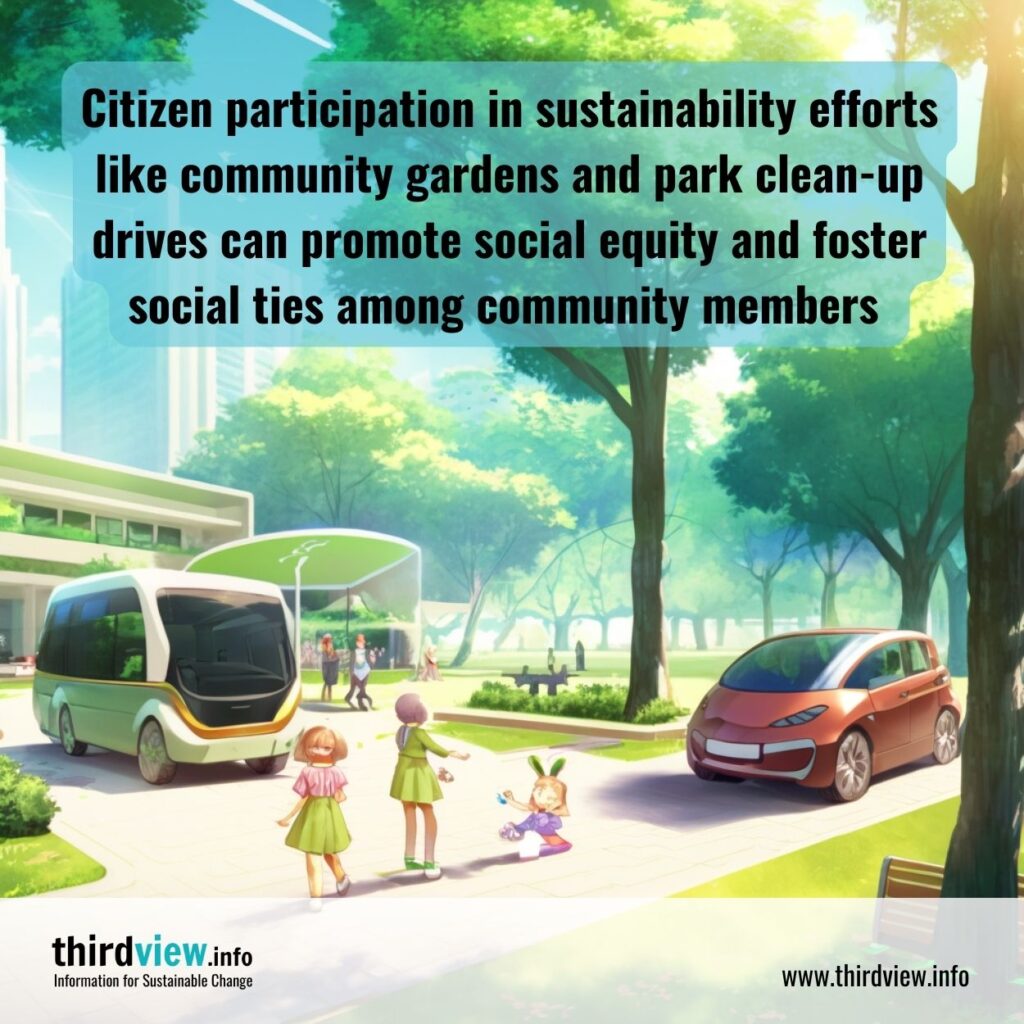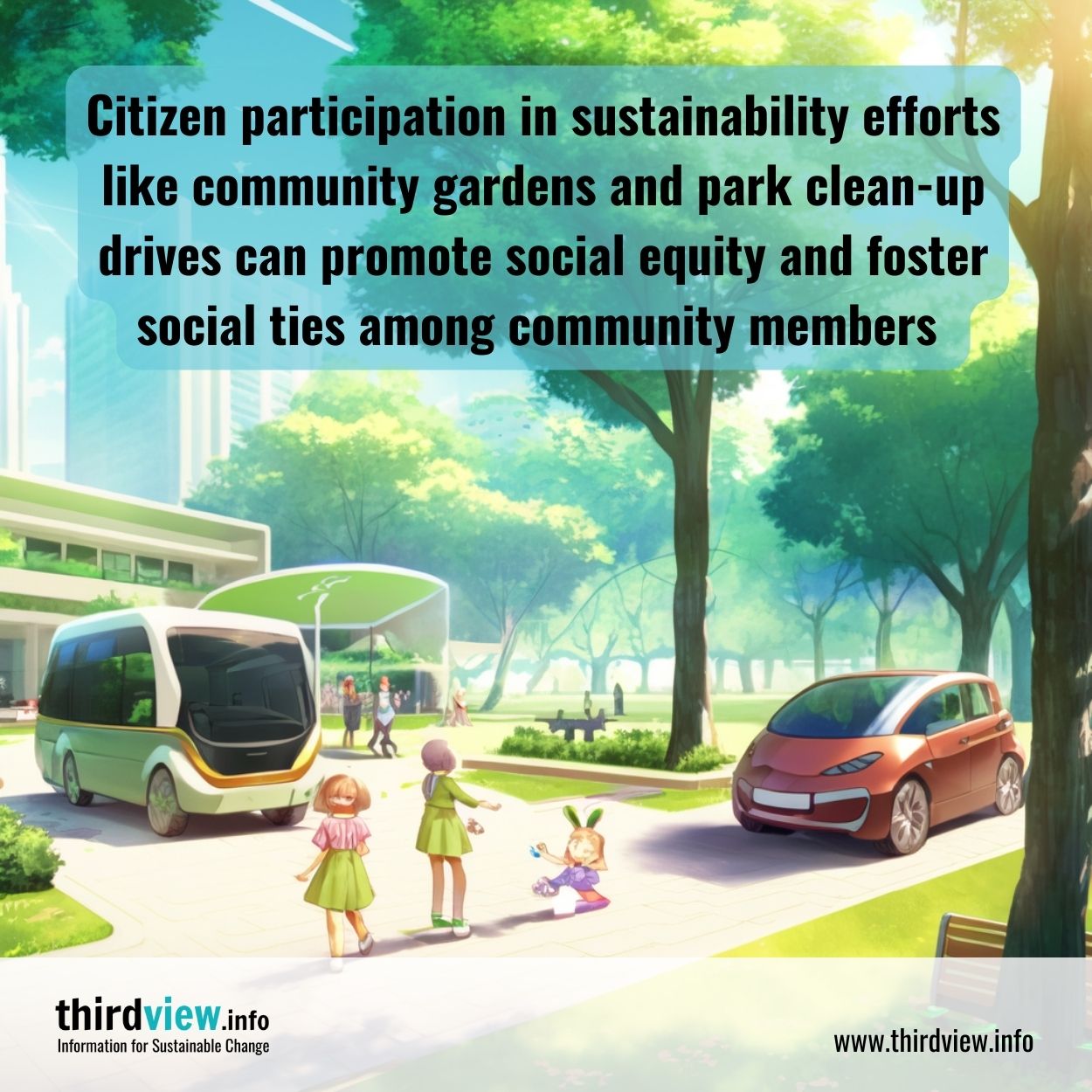Sustainability has become a buzzword in recent times, as people have become more conscious of their impact on the environment. This has made sustainability one of the top priorities for local governments worldwide. Local governments have a unique opportunity to create policies and regulations that support sustainability, as they are in direct contact with their citizens, and often have more control over these policies than state or federal governments. This blog post will explore the impact of local governments on sustainability and the strategies they can utilize to make a positive difference.
Reinforcing Sustainability through Zoning Regulations:
One of the key ways that local governments can promote sustainability is through their zoning regulations. By reinforcing policies that favour walkability, public transport, and alternatives to single-use vehicles, local governments can impact communities positively. This can be done by improving bike lanes, creating mixed-use developments that encourage people to work, and live in the same area and increasing public transportation options.
Investment in Renewable Energy:
Local governments can set targets and provide incentives to encourage residents and business owners to invest in renewable energy. This can include supporting local solar and wind energy firms, providing incentives for energy-efficient lighting and appliances, and offering property tax credits for those who install green energy or use environmentally friendly building materials in their homes or offices.
Promoting Green Infrastructure:
Local governments are in a position to promote green infrastructure initiatives such as green roofs, rain gardens, and permeable pavement, as part of their overall sustainability policies. These initiatives manage stormwater, creating a more sustainable and green environment, improving water quality, waterproofing, and reducing the overall water treatment cost.
Creating Eco-Friendly Waste Management Strategies:
Local governments can improve sustainability initiatives by creating eco-friendly waste management strategies in a bid to encourage their citizens to take part in sustainable waste management. Municipal governments can start by providing recycling bins in public places, supporting composting by offering bins and encouraging citizens to recycle and discouraging littering.
Encouraging Citizen Participation:
Lastly, local governments can encourage citizen participation in sustainability efforts such as green teams, community gardens, and park clean-up drives. These groups function to harness volunteer service and provide policymakers with insight into what the citizens require in their communities. This will help local governments further tailor their sustainability policies to meet their residents’ needs better.
In conclusion, local governments play a vital role in promoting sustainability within their communities. They have a unique ability to create policies and regulations that promote sustainability, more than state or federal governments. Local governments’ long-term approach can go a long way in influencing the community members to embrace change and support initiatives towards the environment’s betterment. Sustainability initiatives promote economic progress and social equity by fostering employment and social ties among community members. As a responsible resident, it’s essential to be aware of sustainability policies in your area and find ways to contribute to the sustainability drive in your community.


